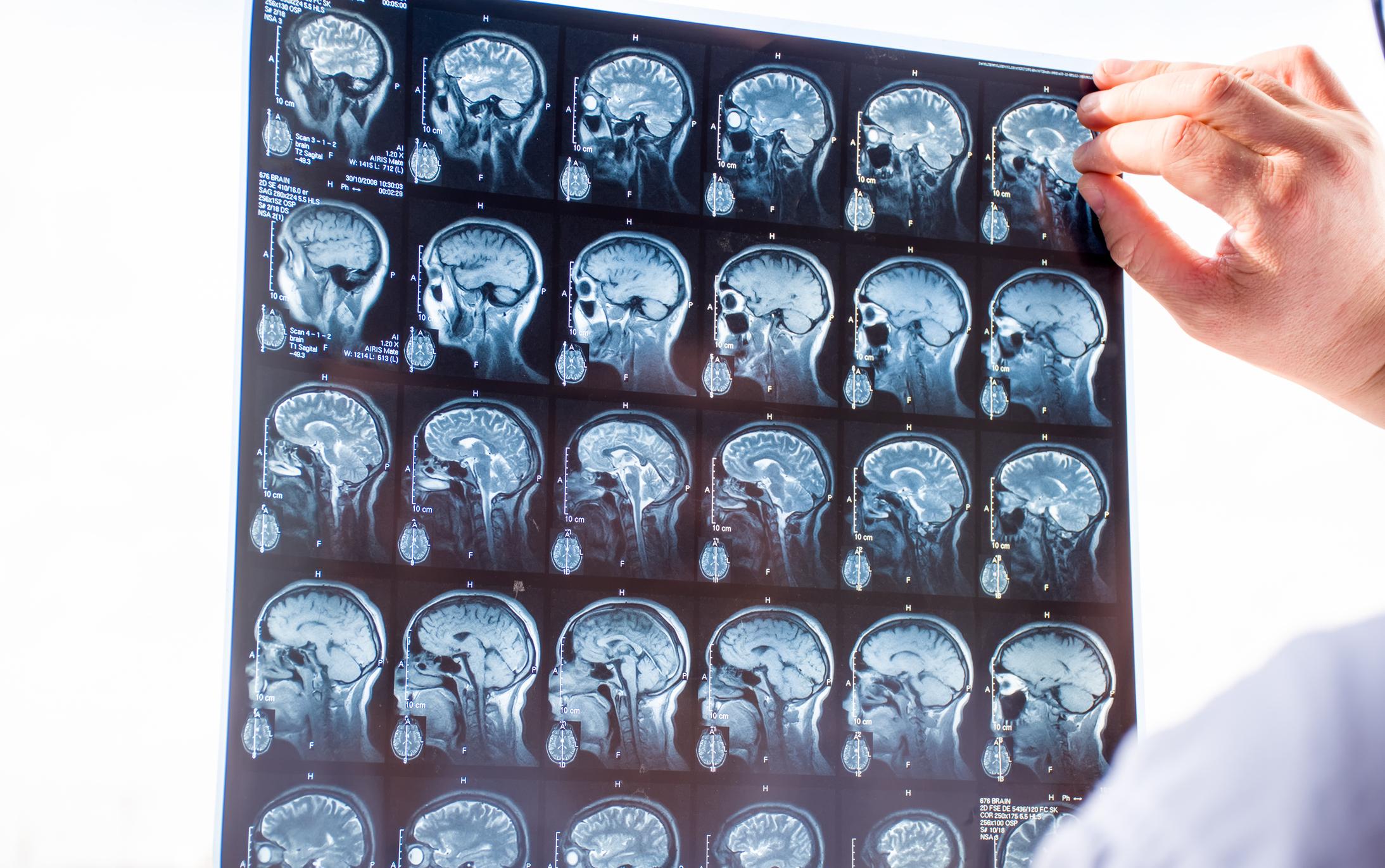How well do you know about epilepsy? A chronic disease characterized by the recurrence of brief but unpredictable seizures, epilepsy can appear at any age, with onset peaks in childhood and from the age of 60. In France, nearly 650,000 patients are affected, and yet the disease remains poorly understood.
It is manifested by crises, which can take various forms: if there are several types, a widely shared idea is to think that these crises are always impressive. But this is not always the case: some seizures can be expressed by signs that are not very visible, even invisible, in particular memory problems, difficulty concentrating or auditory or visual hallucinations.
We are ready for International Epilepsy Day on February 13, with the slogan “Epilepsy is not what you think… Let’s challenge the prejudices!”#JIE2023pic.twitter.com/oXG0Dqm9mY
– Epilepsie-France (@EpilepsieFrance) January 16, 2023
Be careful, crises do not have nothing psychological and epilepsy is not not a mental illness : if stress or fatigue can contribute to the triggering of attacks, it is in no way the cause of the disease. It is also not hereditary but rather results from a genetic mutation, without having been transmitted by the parents.
How to react to an epileptic seizure?
Contrary to what many may think, it is imperative to know how to react:
- Do not move the person ;
- Do not try to hinder his movements during convulsions;
- Put it on as soon as possible lateral safety position.
Nevertheless, it is not no need to call the fire department for every crisis in people with epilepsy, except if the seizure lasts more than five minutes, if two seizures follow one another without returning to normal or if the person is injured.
For patients suffering from epilepsy, it is not possible to feel the seizure coming most of the time: they generally occur in a completely unpredictable way. Some nevertheless manage to feel it coming thanks to certain clues such as a strange smell or taste, tightness or nausea.
How to live with epilepsy on a daily basis?
“While disability is most often invisible, it is nonetheless real, to varying degrees, for many people affected by the disease.indicates the association Epilepsy France. Many patients remain misunderstood, particularly because of the invisibility of their disease, and are considered lazy by many.
Different situations can reflect the problems encountered on a daily basis:
- At work. “Epilepsy does not impair physical or intellectual ability., insists the association. Patients therefore have the same skills as the others but sometimes require some specific arrangements such as breaks or adapted schedules;
- At school. When the epilepsy is balanced, the child or adolescent can live a “normal” education. Children and adolescents are mainly affected by “breaks in contact” or absences that can sometimes last only a few seconds. When the epilepsies are more severe, certain school arrangements are possible: the child may need an AESH or the student may need longer time to take his exams;
- By car. For a long time, some countries – including France – prohibited epileptics from taking a driving license, but the legislation has changed since 2005.epilepsy is no longer a major contraindication : an epileptic person can be authorized to drive if they have not had a seizure for at least a year or if they have seizures only during their sleep, ends France Épilepsie.
Finally, physical activity is not discouraged, quite the contrary: it would even have a positive effect on the epileptic person. The preferred activities are team sports such as football, basketball or handball, martial arts or dance. Conversely, certain sports are strictly prohibited : skydiving, rock climbing or even gliding.
Source :
- Epilepsy France press kit
















